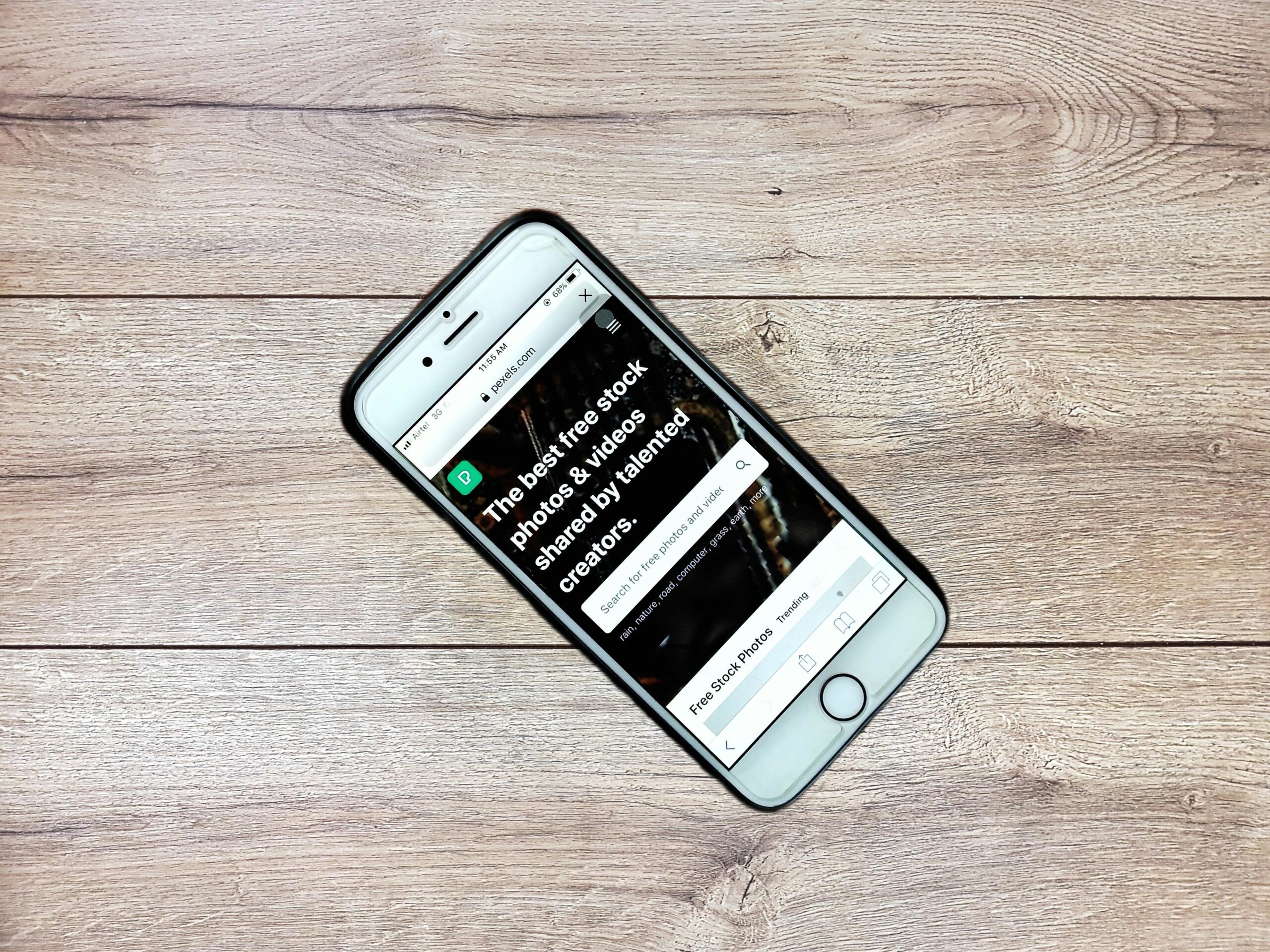Introduction
The digital landscape evolves faster than ever, and your website’s design can make or break your online success. In 2025, website design isn’t just about looking pretty—it’s about user experience, speed, and conversion optimization. Businesses that fail to adapt lose traffic, leads, and revenue. According to Statista, over 70% of users admit they judge a company’s credibility based on its website design.
In this article, we’ll cover the top 10 website design trends in 2025 that not only make your site visually stunning but also maximize user engagement and conversions.

1. Mobile-First Design Remains a Priority
As we discussed in Day 1, mobile-first design dominates web usage. In 2025, more than 90% of global web traffic comes from mobile devices (MS Interactive). Mobile-first design ensures:
- Faster load times
- Higher SEO rankings due to Google’s mobile-first indexing
- Better engagement with touch-friendly interfaces
Pro Tip: Use fluid grids, responsive images, and mobile testing tools like BrowserStack to ensure a seamless mobile experience.
2. Minimalist & Clean Layouts
Less is more. In 2025, users value simplicity and clarity. A cluttered site can overwhelm visitors and increase bounce rates. According to Adobe, minimalist layouts help users focus on key content and calls-to-action (CTAs).
Implementation Tips:
- Use white space effectively
- Limit font families to 2–3
- Highlight essential buttons and links
3. Dark Mode Options
Dark mode has become more than a trend—it’s a user preference. Offering dark mode:
- Reduces eye strain
- Extends battery life on mobile devices
- Enhances the look of visual elements like images and videos
According to TechJury, 80% of users prefer apps and websites that offer a dark mode option.
Pro Tip: Ensure color contrast meets WCAG accessibility standards for readability.
4. Interactive & Immersive Experiences
In 2025, static websites are losing ground. Interactive elements such as micro-animations, scroll-triggered effects, and hover states improve engagement. According to HubSpot, interactive websites can increase time on site by up to 70%.
Examples of Interactive Elements:
- Quizzes or polls
- Animated infographics
- Product configurators
5. AI-Powered Personalization
Artificial intelligence is transforming web design. AI tools now:
- Personalize content based on user behavior
- Recommend products or services automatically
- Optimize landing pages in real time
According to Salesforce, AI-driven personalization can increase conversion rates by 20–30%.
Implementation Tip: Integrate AI chatbots or smart product recommendations to deliver tailored experiences.
6. Voice User Interface (VUI) Optimization
With voice searches increasing by 50% each year (ComScore), websites must now support voice commands and accessibility features.
Benefits of Voice Optimization:
- Faster navigation for users on mobile and smart devices
- Improved accessibility for people with disabilities
- Better chances of appearing in voice search results
Pro Tip: Add structured data (schema) to make your content voice-search friendly.
7. Fast Loading & Lightweight Websites
Website speed remains critical in 2025. Google reports that 53% of users abandon a site that takes longer than 3 seconds to load (Google).
Best Practices for Speed:
- Compress images (WebP/AVIF formats)
- Minimize CSS and JavaScript
- Use content delivery networks (CDNs)
- Enable lazy loading for media
Pro Tip: Test your website regularly using Google PageSpeed Insights.
8. Sustainable & Eco-Friendly Web Design
Sustainability is a growing concern. Eco-friendly websites:
- Reduce energy consumption
- Improve brand reputation
- Use optimized code and hosting
According to Eco-Friendly Web, a 1-second reduction in load time can save over 4,000 kg of CO₂ per million visitors annually.
Implementation Tip: Use minimal animations, optimize media, and choose green web hosting providers.
9. Dynamic Typography & Bold Fonts
Typography in 2025 is bold, expressive, and dynamic. Custom fonts help grab attention, convey brand personality, and guide users through content.
Key Tips:
- Pair readable fonts with decorative ones
- Use dynamic text resizing for responsiveness
- Combine motion with text for micro-interactions
According to 99Designs, websites using custom typography can improve engagement by 20%.
10. Video Backgrounds & Storytelling
Visual storytelling dominates user attention. Video backgrounds or header videos:
- Increase emotional engagement
- Convey complex messages quickly
- Boost conversion rates when paired with strong CTAs
According to Wyzowl, 84% of people have been convinced to buy a product after watching a brand’s video.
Pro Tip: Optimize videos for fast loading and consider auto-play without sound to enhance user experience.
Conclusion
In 2025, effective web design is about more than just aesthetics. Businesses that implement mobile-first strategies, fast loading times, interactive experiences, AI personalization, and sustainability will dominate the digital landscape. By embracing these top 10 trends, your website can increase traffic, engagement, and conversions.
👉 Ready to future-proof your website? Contact our web design experts for a free consultation.


